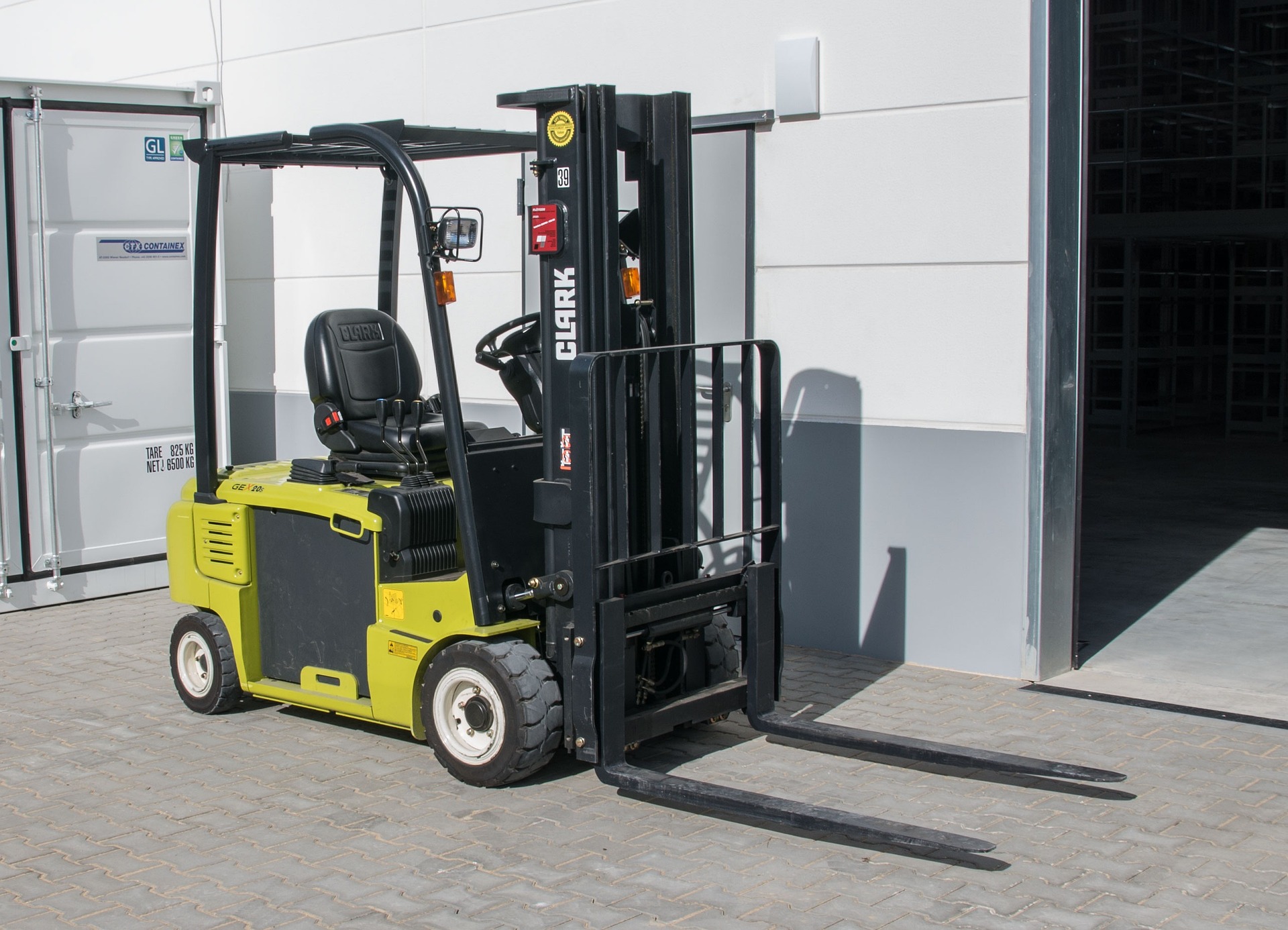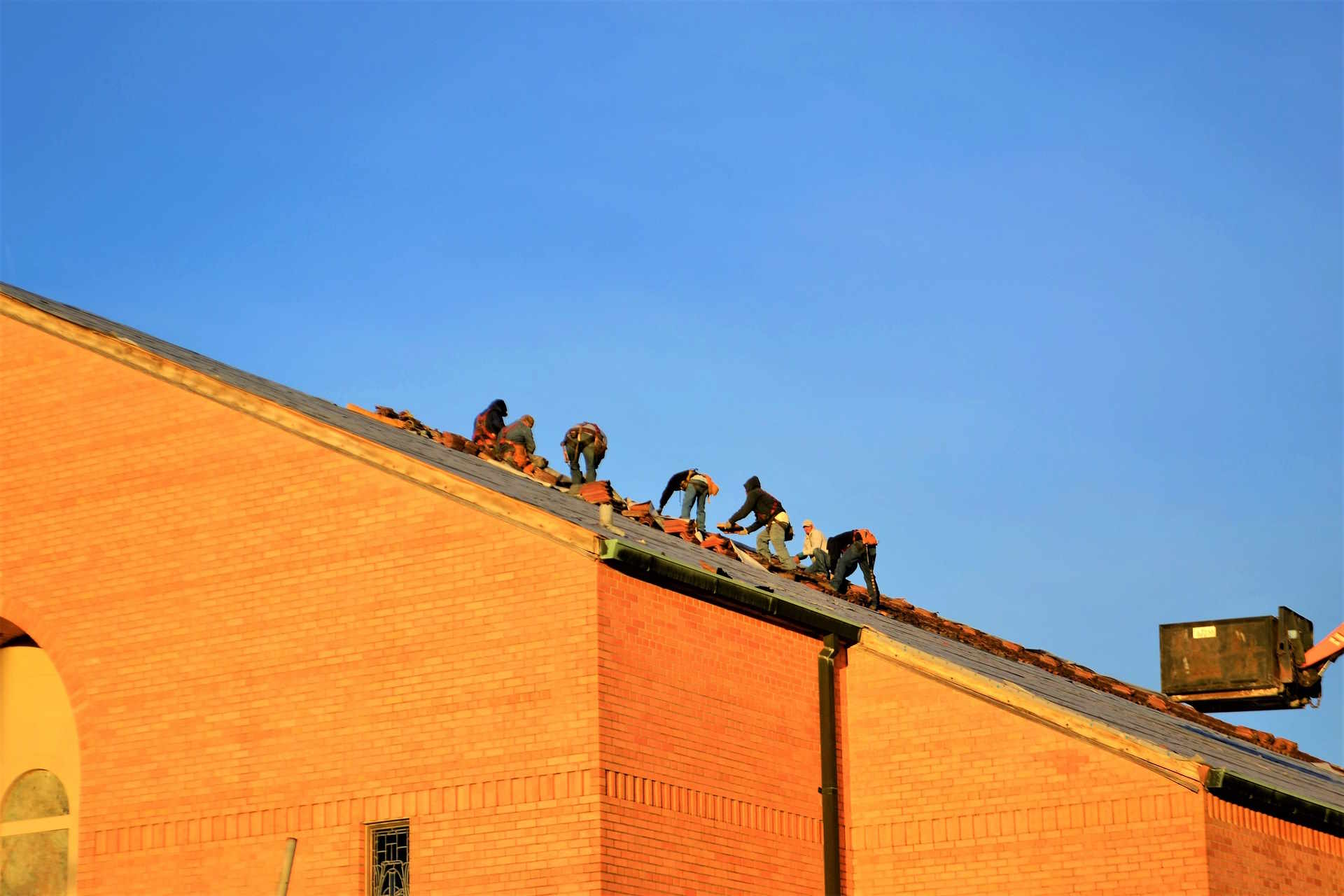Understanding Cleaning Careers: Stability, Benefits, and Professional Growth
Cleaning jobs are often underestimated, yet they form the backbone of many industries — from offices and hospitals to schools and hotels. Behind every spotless hallway or gleaming lobby stands a team of professionals who take pride in their work. This article explores what a stable cleaning career really looks like today: steady employment, reliable income, and benefits that make a difference in everyday life. Whether you’re seeking job security, a respectful work environment, or opportunities to grow within the company, you might find that a cleaning position offers far more than you expect — and perhaps even a salary that surprises you.

The cleaning industry represents a significant sector of the modern economy, employing millions of workers across various specializations. From residential housekeeping to commercial janitorial services, healthcare facility sanitization to specialized industrial cleaning, these roles form the backbone of public health infrastructure. While often overlooked, cleaning professionals perform essential work that directly impacts community wellbeing, business operations, and property maintenance. As awareness grows about the importance of proper sanitization and hygiene, particularly following global health concerns, cleaning careers have gained increased recognition for their vital contribution to society.
Reliable Work in a Growing Industry
The cleaning industry demonstrates remarkable resilience even during economic downturns. When other sectors face contraction, cleaning services typically maintain steady demand due to their essential nature. Commercial buildings require regular maintenance regardless of economic conditions, and healthcare facilities must maintain strict cleanliness standards at all times. This consistent demand translates to job security that few other industries can match.
Recent industry analysis shows cleaning services growing at approximately 6% annually, outpacing many other sectors. This expansion stems from several factors: increased health consciousness among consumers, stricter regulatory standards for workplace cleanliness, and the growing trend of outsourcing cleaning services to specialized providers. For workers seeking stability, the cleaning industry offers positions that remain in demand regardless of economic fluctuations.
Competitive Pay That Reflects Dedication
Compensation in the cleaning industry has evolved significantly in recent years. Entry-level positions typically start above minimum wage, with experienced professionals commanding substantially higher rates, especially when specializing in areas requiring technical knowledge or certification. Cleaning technicians with expertise in specialized environments like healthcare facilities, clean rooms, or disaster restoration can earn competitive salaries reflecting their specialized skills.
Pay structures in the cleaning industry often include performance incentives, completion bonuses, and advancement opportunities that reward efficiency and quality work. Many companies have implemented tiered pay systems that recognize experience and specialized training, creating clear financial incentives for professional development. Additionally, flexible scheduling options allow workers to balance personal responsibilities while maximizing earning potential through shift differentials or weekend premiums.
Benefits That Support Everyday Life
Beyond base compensation, many cleaning service employers now offer comprehensive benefits packages to attract and retain quality staff. These benefits frequently include health insurance coverage, paid time off, retirement savings plans, and employee assistance programs. The industry has recognized that supporting worker wellbeing translates directly to improved service quality and reduced turnover.
Some cleaning companies have pioneered innovative benefits like transportation assistance, childcare subsidies, and education reimbursement programs. These supports address practical challenges faced by workers and demonstrate a commitment to employee success. For those seeking stable employment with practical benefits that enhance quality of life, cleaning careers provide options that support both professional and personal needs.
Career Growth and Respect in the Workplace
The cleaning industry offers clearly defined career advancement paths that reward dedication and skill development. Entry-level positions can lead to team leadership roles, specialized technical positions, or management opportunities. Many successful cleaning business owners and executives began their careers performing hands-on cleaning work, developing a thorough understanding of operations from the ground up.
Professional development in the cleaning industry often includes certification programs in specialized cleaning techniques, safety protocols, and management skills. Organizations like the International Sanitary Supply Association (ISSA) and the Building Service Contractors Association International (BSCAI) provide educational resources and professional credentials that validate expertise and create advancement opportunities. These pathways allow motivated individuals to transform what begins as a job into a rewarding long-term career.
Specialized Skills and Industry Niches
The cleaning industry encompasses numerous specialized fields that require specific technical knowledge and skills. Environmental services in healthcare settings demand expertise in infection control protocols and biohazard management. Restoration cleaning after disasters requires understanding of water damage mitigation, smoke remediation, and structural preservation techniques. Industrial cleaning may involve working with specialized equipment and adhering to strict safety regulations for hazardous environments.
These specializations offer opportunities for cleaning professionals to develop expertise in high-demand niches. Certification programs exist for many specialized cleaning roles, providing formal recognition of skills and knowledge. As cleaning professionals gain experience and specialized training, they can transition into roles with greater responsibility, technical complexity, and corresponding compensation.
Technology Integration and Future Outlook
The cleaning industry continues to evolve through technological innovation and sustainable practices. Modern cleaning professionals increasingly work with advanced equipment like electrostatic sprayers, robotic cleaning machines, and IoT-enabled monitoring systems. These technologies enhance efficiency and effectiveness while creating new roles for technicians who can operate and maintain sophisticated equipment.
Environmental sustainability has also transformed cleaning practices, with green cleaning programs becoming standard in many organizations. Cleaning professionals now require knowledge of environmentally responsible products, water conservation techniques, and waste reduction strategies. This evolution creates opportunities for specialists in sustainable cleaning practices, reflecting the industry’s adaptation to changing priorities and technologies.
The cleaning industry continues to demonstrate strong growth potential with increasing professionalization and recognition of its essential role. For those seeking stable employment with clear advancement paths, meaningful work, and competitive compensation, cleaning careers offer accessible entry points and sustainable professional opportunities.




